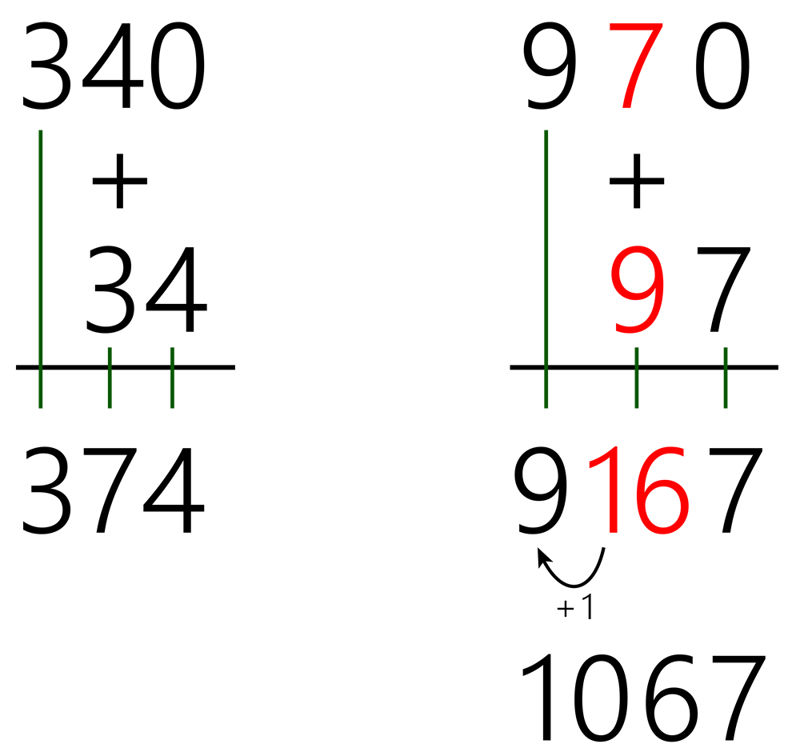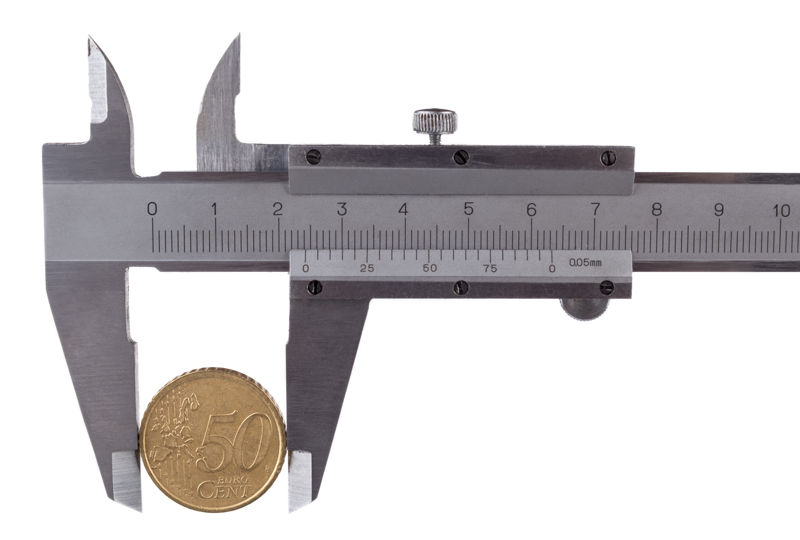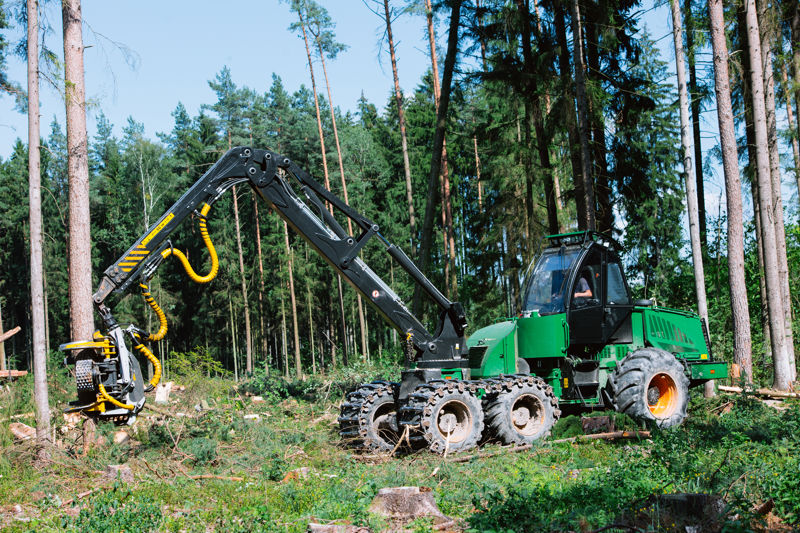This chapter covers:
- techniques for mental multiplication and division
- approximations of the number π
Multiplying by 0.5 and dividing by 2 give the same result.
Dividing by 0.5 and multiplying by 2 give the same result.
n is used as a placeholder for a generalised example. When solving specific equations, it is substituted with the necessary number.
Drag the operations to their corresponding columns.
The answers to the operations are given below. Select the numbers among them that are not the answers to the given operations.
Multiplying by 3 and then dividing by 2 gives the same result as multiplying by 1.5.
Multiplying by 5 and then dividing by 2 gives the same result as multiplying by 2.5.
n is a placeholder for a freely chosen number.
Multiplying by 4 and then dividing by 100 gives the same result as dividing by 25.
n is a freely chosen number.
300 : 25 =
850 : 25 =
625 : 25 =
175 : 25 =
105 : 25 =
70 : 25 =
90 : 25 =
275 : 25 =
When multiplying a two-digit number by 11, we know that 11 = 10 + 1, so 11 · n = (10 + 1) · n = 10 · n + n.
11 · 34 and 11 · 97

11 · 33 =
11 · 35 =
11 · 62 =
11 · 75 =
11 · 98 =
11 · 78 =
22 · 31 =
22 · 45 =
22 · 23 =
22 · 14 =
22 · 71 =
22 · 88 =
We know that the number π is the quotient of the length of a circle and its diameter. The closest fraction to this value is
π ≈ ≈ 3.1428571... .

How can you make sure? You can, for example, roll the coin over a ruler.
π ≈
Trees are companions to humanity. Their wood, roots and leaves are used around the world. As long as we plant seeds and care for them, and not take trees that are essential to their ecosystem (such as those offering shelter to animals), we can continue to have a respectful relationship with trees. One example of this is waiting for a tree to be large enough to yield much wood, and old enough to have contributed much to their ecosystem.


Что нужно сделать с текстом? Текст будет обработан искусственным интеллектом, он не проверяется и не редактируется! В нем могут быть ошибки. Проверьте правильность текста по оригинальному тексту учебника.
Выберите файлы для загрузки. Поддерживается txt, html, htm, pdf, odt, odp, ods, xls, xlsx, ppt, pptx, pps, doc, docx, rtf, png, jpg, jpeg и gif.
| Название | |
|---|---|
| Удалить |
NB! Ссылки должны начинаться с «http://»!
Opiq использует файлы cookie, которые нужны для работы сайта, обеспечения безопасности, анализа и большего удобства использования.
Cookie – небольшой файл, передаваемый с компьютера пользователя на сервер сайта и содержащий необходимую информацию о пользователе и его предпочтениях.
Большинство файлов cookie являются обязательными для работы Opiq. От аналитических файлов cookie можно отказаться, в таком случае ваши данные не будут использоваться для развития Opiq. Подробнее